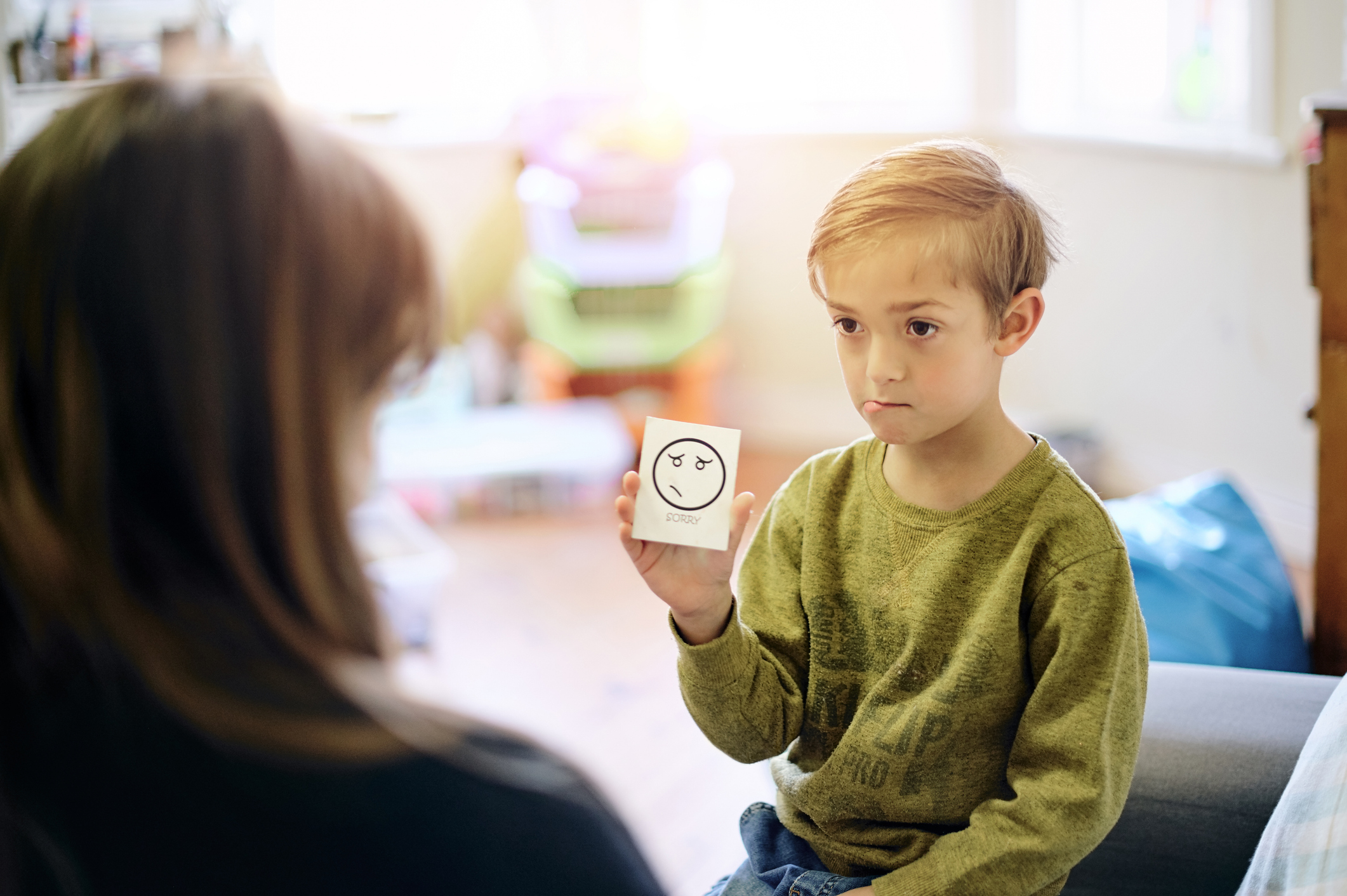COVID has accelerated the transformation of our education system into a mini-totalitarian state.
Sickness Unto Junior High

Schools have embraced a new pedagogy of the couch that is making kids neurotic.
Who are you going to trust with your child’s soul? Your gut parental instinct, or the groupthink-inflected whims of morally demented and empirically discredited experts?
The answer should be easy, but the question typically isn’t put that way. Rather, it’s: “Don’t you care about your child’s mental health?” And if the answer is, as it must be, “Yes,” then it follows that you must trust the mental health professionals.
Liberal norms currently prohibit questioning the wisdom of mental health experts. But, until very recently, liberal norms also prohibited questioning the wisdom of chemically sterilizing and surgically mutilating gay and autistic children who’d fallen down the wrong TikTok rabbit hole. Abigail Shrier, whose book Irreversible Damage highlighted the horror of such self-evident barbarism, is now asking whether a field of self-anointed soul-experts—who are still getting such an obvious question so perversely wrong—could also be wrong about everything else.
It’s become common to hear that the rising generation is suffering a “mental health crisis.” But Shrier, in a new book called Bad Therapy, says that what’s happening “isn’t a mental health crisis. It’s closer to an emotional hypochondriasis and iatrogenesis crisis.”
“Iatrogenic” is a fancy word for a treatment that’s worse than the cure—medicine that makes you sick. We accept as obvious that any medical intervention carries the risk, if not the likelihood, of negative side effects. Therapy is a medical intervention. It should, then, be obvious that it carries the risk, if not the likelihood, of negative side effects.
For serious illnesses, the side effects are an acceptable cost. Chemotherapy seriously harms your body. If you have cancer, it’s a good idea. But if you have a scraped knee, it isn’t. Similarly, if your child has bipolar disorder or was sexually abused, therapy is advisable. But if your child is sad because a pet died, or gets nervous ordering at restaurants, therapy could do more harm than good.
The negative side-effects of sending kids to therapy are obvious once stated. Kids get the message that there’s something wrong with them that neither they nor their parents can fix. Kids risk becoming dependent on a therapist, promoting a general sense of passivity and powerlessness. Making kids focus on their negative feelings induces rumination and mimics, if not causes, anxiety and depression. The therapist might ultimately influence your child to never speak to you again. Even if you’re an adult, it’s extremely difficult to tell a therapist: “You know what, I think this is doing more harm than good.” If you’re a child, you can’t even meaningfully consent.
Shrier addresses not only therapy itself, but the effects of therapeutic parenting practices. Contrary to contemporary conventional wisdom, kids need boundaries and rules. They need their parents to be authority figures. They need to be told, sometimes, to shake things off or work a problem out themselves. This is what parents naturally want to do. Parents are advised to read a lot of books, and trust a lot of experts, to helicopter over a padded wall and raise an emotionally stunted human. But parents need to trust themselves, and give kids the firm boundaries and space to grow into strong men and women.
Unfortunately, parents aren’t given as much of a choice as they deserve when it comes to subjecting their child to therapeutic practices. After insisting that school closures were the essential thing to do, the education establishment claims that the damage they caused must now be fixed by “social and emotional learning” (SEL), a billion dollar education industry that permeates classroom practice.
Shrier isn’t the first major critic of SEL, but she may be the most effective. I’ve pointed out many times that SEL can be a vehicle for ideological indoctrination via emotional manipulation. My AEI colleague Robert Pondiscio has pointed out that SEL is essentially therapy, and therapy done poorly can have terrible effects. SEL proponents counter that they aren’t necessarily indoctrinating kids, and that they’ll just do SEL well.
Shrier essentially contends is that it’s impossible to do SEL well because SEL done “well” is inherently destructive. Without apologies to Voltaire, Shrier quips that SEL “turns out to be a lot like the Holy Roman Empire. Neither social, nor good for emotional health, nor something that can be learned. It seemed certain that schools would continue doing it for decades.”
Maybe not. Until recently it appeared that the provision of sterilizing hormones and mutilating child sex-change operations would become the national norm, but now many red states are passing legislation to outlaw it. Abigail Shrier, more than anyone else, is owed a debt of thanks for her work alerting American parents to the bizarre ideology of wrong-body sex identity that was being presented to their children as the cause of their unhappiness. In the sane parts of America, her new work about the therapization of childhood will hopefully have a similar impact.
The American Mind presents a range of perspectives. Views are writers’ own and do not necessarily represent those of The Claremont Institute.
The American Mind is a publication of the Claremont Institute, a non-profit 501(c)(3) organization, dedicated to restoring the principles of the American Founding to their rightful, preeminent authority in our national life. Interested in supporting our work? Gifts to the Claremont Institute are tax-deductible.
Government schools have become day camps for indoctrinating a woke cadre.
"Porn literacy" aims to make sure that schools are exposing kids to the broadest range of sexualized matter.



